Biodegradable-PLA – Russia sanctions 13-03-2023 - Arhive
Biodegradable-PLA – Russia sanctions
-Petrochemicals – PET-Bottle – PX
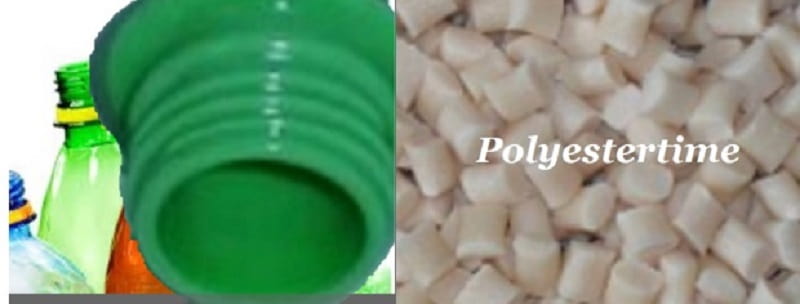
Crude Oil Prices Trend
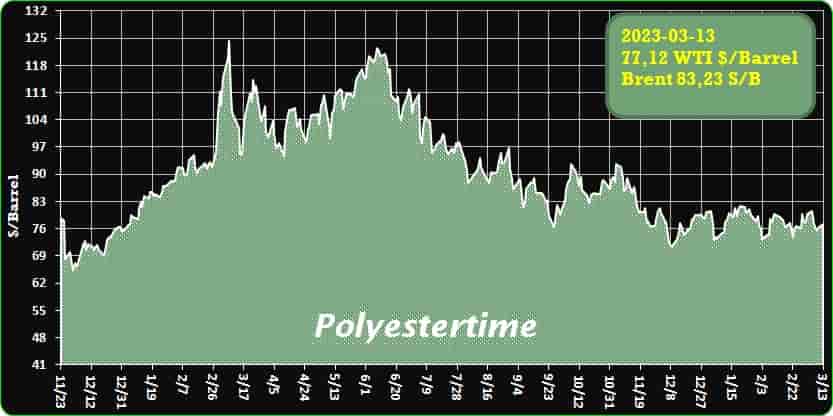
Crude Oil Prices Trend Polyestertime
-Expansion: ALPLA and Inden Pharma form joint venture
The ALPLA Group with its division ALPLApharma and the Spanish packaging company Inden Pharma are strengthening their footprint in the pharmaceutical market by establishing a joint venture. ALPLApharma is bringing production sites in Greece and Poland into the cooperation, complemented by Inden Pharma’s two facilities in Spain and an additional one the two companies are jointly building in Germany.
The companies are planning a combined annual production of around 800 million pharmaceutical packaging products in 2023 and a three-fold increase in the next five years. Biodegradable-PLA – Russia sanctions
ALPLA is expanding its presence in the global market for pharmaceutical packaging by establishing a joint venture with Inden Pharma. ALPLA, the international specialist in plastic packaging and recycling, and the internationally renowned Spanish pharmaceutical packaging company Inden Pharma, are starting a long-term partnership for the certified production of bottles, containers and closures in clean rooms, starting in March. The joint venture includes two ALPLApharma production sites in Greece (Koropi) and Poland (Żyrardów) and the two Spanish plants of Inden Pharma in Ibi, north of Alicante, as well as a jointly built fifth plant in Germany (Markdorf), which is scheduled to start production in June.

-LG Chem makes strategic investment in BluCon
Korean giant strengthens commitment to bio-economy
German biotech company BluCon Biotech and chemical giant LG Chem, have entered into a new investment agreement. Under the agreement, the two will collaborate on scaling up and commercialising BluCon’s proprietary technology for the production of high purity L-lactic acid. Lactic acid is a precursor for, among others, bio-based, biodegradable PLA. For LG Chem, the investment will support and supplement its bio-economy portfolio – a portfolio featuring, amon others, such next-generation materials as PLAs and polybutylene adipate-co-terephthalates (PBATs). Biodegradable-PLA – Russia sanctions
The two companies have agreed to work together on BluCon’s novel process for converting non-food lignocellulosic feedstocks into lactic acid. to supplement LG Chem´s The technology route developed by BluCon involves the direct fermentation of lignocellulosic feedstock to lactic acid, thus lowering the costs of production and making it possible to produce PLA that is price-competitive with fossil-based plastics.
BluCon Biotech, founded in 2017, uses proprietary bacteria to digest lignocellulosic biomass and produce lactic acid in one bioreactor- a highly efficient and cost-effective technology and a world first, explained co-founder and co-CEO Dr. Albrecht Läufer.
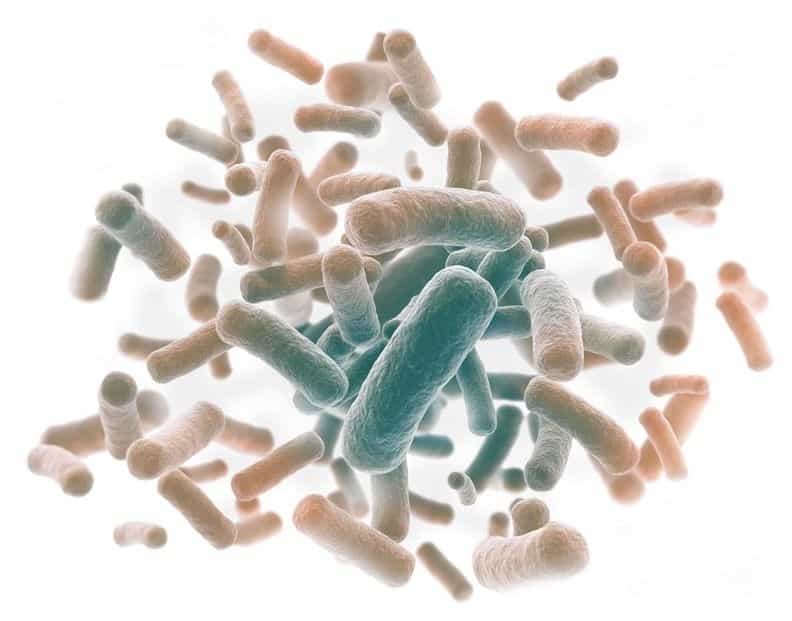
-Covestro Expands Polycarbonate Film Capacity in Thailand
With completion slated by 2025, the new capacity will serve applications in the ID card, automotive, and electronics industries with a growing range of more sustainable films.
Covestro plans to further increase its global production capacity for polycarbonate (PC) specialty films to meet rising demand in the Asia-Pacific region and worldwide. The company has started building new extrusion lines at the Map Ta Phut Industrial Park in Thailand. The films are used primarily in identity documents, automotive displays, and electrical and electronic applications. The investment is in the higher double-digit million dollar range, and completion is scheduled for 2025. A total of around 50 new jobs will be created. Biodegradable-PLA – Russia sanctions
“With this investment, we are strengthening our Solutions & Specialties segment and are committed to further expanding our growth businesses,” said Sucheta Govil, chief commercial officer. “At the same time, we are responding to increasing demand and supporting the expansion of future technologies and industries.”
“We want to drive growth in the polycarbonate film business with innovation and a strong customer focus,” said Global Head of Specialty Films Aleta Richards. “In doing so, we aim to intensify our collaboration with customers in the Asia-Pacific region and expand our product portfolio for the circular economy.”

-Magna introduces SmartAccess power door system
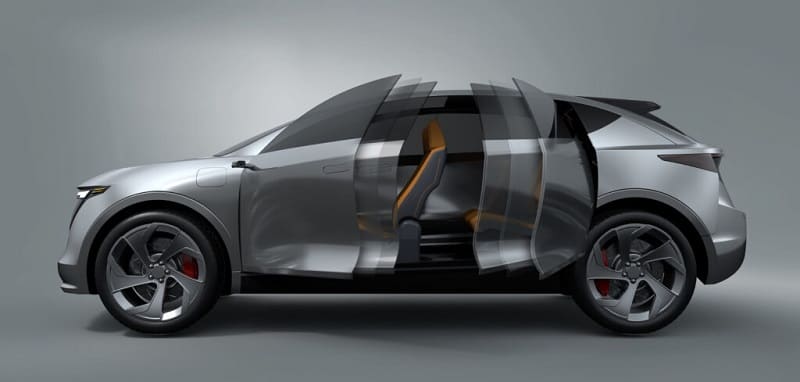
With the aim of revolutionizing vehicle access, Magna has launched its SmartAccess power door system on the opposing rear doors of the Ferrari Purosangue SUV.
The complete system consists of Magna’s power door drive unit, SmartLatch, with cinch actuator and ‘first-to-market’ integrated Haptronik software. Haptronik is a motion control software that “enhances the tactile feel of door movement, enabling effortless opening and closing”.
The system is capable of detecting when a vehicle is parked on an incline or on a curb, and automatically adapts the gravitational force to ensure that opening and closing the door remains easy for occupants. It also includes anti-slam and wind catch features.
SmartAccess also provides additional consumer-related features including the ability to customize the door feel to specific consumer desires, and gesture control which enables the opening or closing of the side door using a wave. Biodegradable-PLA – Russia sanctions
Other features consist of non-contact obstacle detection where the side doors can sense a post or adjacent vehicle and stop the door in a controlled manner. A keypad can also be used for keyless entry.
-Record room-temperature superconductor could boost quantum computer chips
Companies could one day make superconductive quantum computer chips that function at room temperature thanks to a new material from researchers in the US. Ranga Dias from the University of Rochester and colleagues made a material superconductive at 21°C and pressures less than 1% of those used for existing high-temperature superconductors. ‘The most exciting part is the pressure,’ Dias tells Chemistry World. ‘Even I didn’t think this was possible.’ Biodegradable-PLA – Russia sanctions
Together with Ashkan Salamat’s team at the University of Nevada, Las Vegas, the scientists say that electrical resistance in their nitrogen-doped lutetium hydride falls to zero at room temperature. Making room-temperature zero-resistance materials is a chemistry ‘holy grail’ and could fight climate change by reducing the 5% of electricity lost as heat while flowing through the grid.
However, Dias and Salamat’s team hasn’t been able to fully confirm the new material’s structure. As hydrogen atoms are so small they don’t easily diffract the x-rays used to work out the material’s composition. And this is an important reservation considering the publisher of the team’s previous high-temperature superconductor paper retracted it.
Several teams are targeting room temperature superconductivity in hydrogen-rich materials at very high pressures between two tiny diamond tips. Diamond anvil cells (DACs) reach incredibly high pressures by simply twisting a few screws. In the 2010s, these high pressures enabled materials including hydrogen sulfide and lanthanum hydride to become superconducting near to room temperature. Yet Dias notes that the largest samples possible between the tips of the two diamonds are around 250µm in diameter, far from enabling superconducting electricity cables. Biodegradable-PLA – Russia sanctions
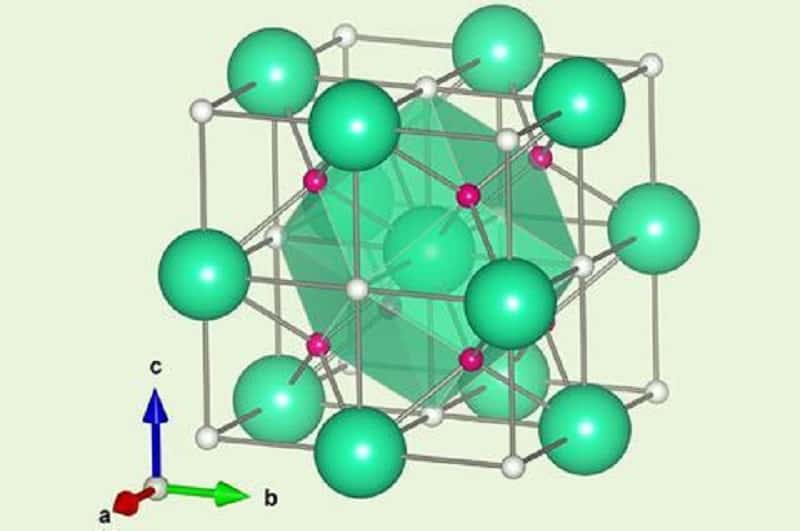
Source: © Dasenbrock-Gammon, N. et al, Nature 2023 The crystal structure of the proposed nitrogen-doped lutetium hydride phase. The hydrogens in octahedral interstitial sites are shown white and those in tetrahedral interstitial sites are pink. Lutetium atoms are green
-‘Not much left’ on Russia sanctions, other support needed now, says EU’s Borrell
The EU has nearly exhausted its options for punitive measures against Russia and the bloc’s attention needs to shift to financial and military support for Ukraine, the EU’s chief diplomat Josep Borrell told EURACTIV in an exclusive interview.
“There is not much more to do from the point of view of sanctions, but we can continue to increase financial and military support,” Borrell told EURACTIV in Stockholm, following a meeting of EU defence ministers. Biodegradable-PLA – Russia sanctions
”It would be strange that one year after the invasion began, there would be much more options left. We have been using our step-by-step process, and we have been incremental – maybe sometimes too incremental,” he added.
Over the past year, the EU has approved 10 rounds of sanctions against Moscow meant to make financing the war more difficult and starve Russia of tech equipment and spare parts for arms to be used against Ukraine.
“But indeed, one year after the invasion, we’re getting to the end of the ladder,” Borrell admitted when asked about the next potential steps the bloc could take in response to Russia’s invasion of Ukraine.
Instead, the bloc has started to look into ways to target circumvention and map Russia’s frozen assets and how to leverage these assets to pay for Ukraine’s reconstruction.
“The answer is always the same – to continue supporting Ukraine. Ukraine needs a lot of money just to keep the machinery working, a state at war has a lot of financial needs – this will require a lot of effort from our side – so sanctions and military support are not everything.” Biodegradable-PLA – Russia sanctions
Borrell said battlefield operations were “up to Ukraine to decide” but Europe’s responsibility “is to support them, also by providing arms and ammunition“.
Europe, he added, has financial capacities that should be converted into military capabilities and taken to the frontline, with proper training for Ukrainian soldiers,
Beyond ammunition?
To address Ukraine’s rising needs on the battlefield towards a likely Russian spring offensive, EU defence ministers agreed in principle on Wednesday (8 March) to move ahead with plans to speed up the supply of 155-millimetre ammunition to Ukraine.

Europe, Borrell added, has financial capacities that should be converted into military capabilities and taken to the frontline, with proper training for Ukrainian soldiers.
-JAC aims to make electric cars cheaper with world’s first sodium-ion battery car
International – China’s JAC Group, which markets the T6, T8 and X200 bakkies in South Africa, has unveiled the world’s first electric car powered by a sodium-ion battery
But what’s the big deal here? According to the carmaker, this technology could be a game-changer for the EV industry as sodium-ion batteries are cheaper than the lithium-ion units that are commonly used, and potentially more sustainable as they rely on a far more abundant resource. Biodegradable-PLA – Russia sanctions
While the scarcity and cost of lithium have been a monumental challenge to the industry, sodium-ion batteries use cheaper raw materials and have been touted as a potential alternative that could help reduce EV production costs by 10%.
There are disadvantages, however, the biggest hurdle being that they have a lower energy density than lithium-ion batteries, meaning the equivalent size battery will offer a lower range between charges.
However, despite this JAC claims that its new Hua Xianzi compact hatchback, which is fitted with a 25 kWh battery supplied by HiNa Battery Technologies, can cover as many as 250km on a single charge, but perhaps this is also due to the vehicle’s diminutive size. The new vehicle is the result of a joint venture with Volkswagen.
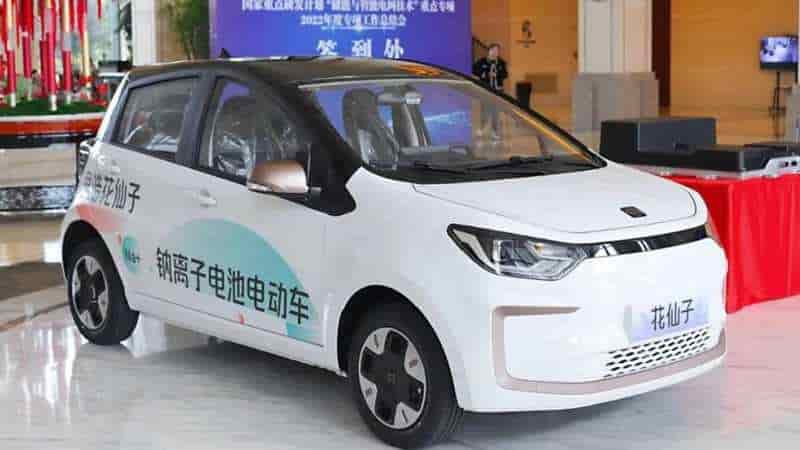
Biodegradable-PLA – Russia sanctions
